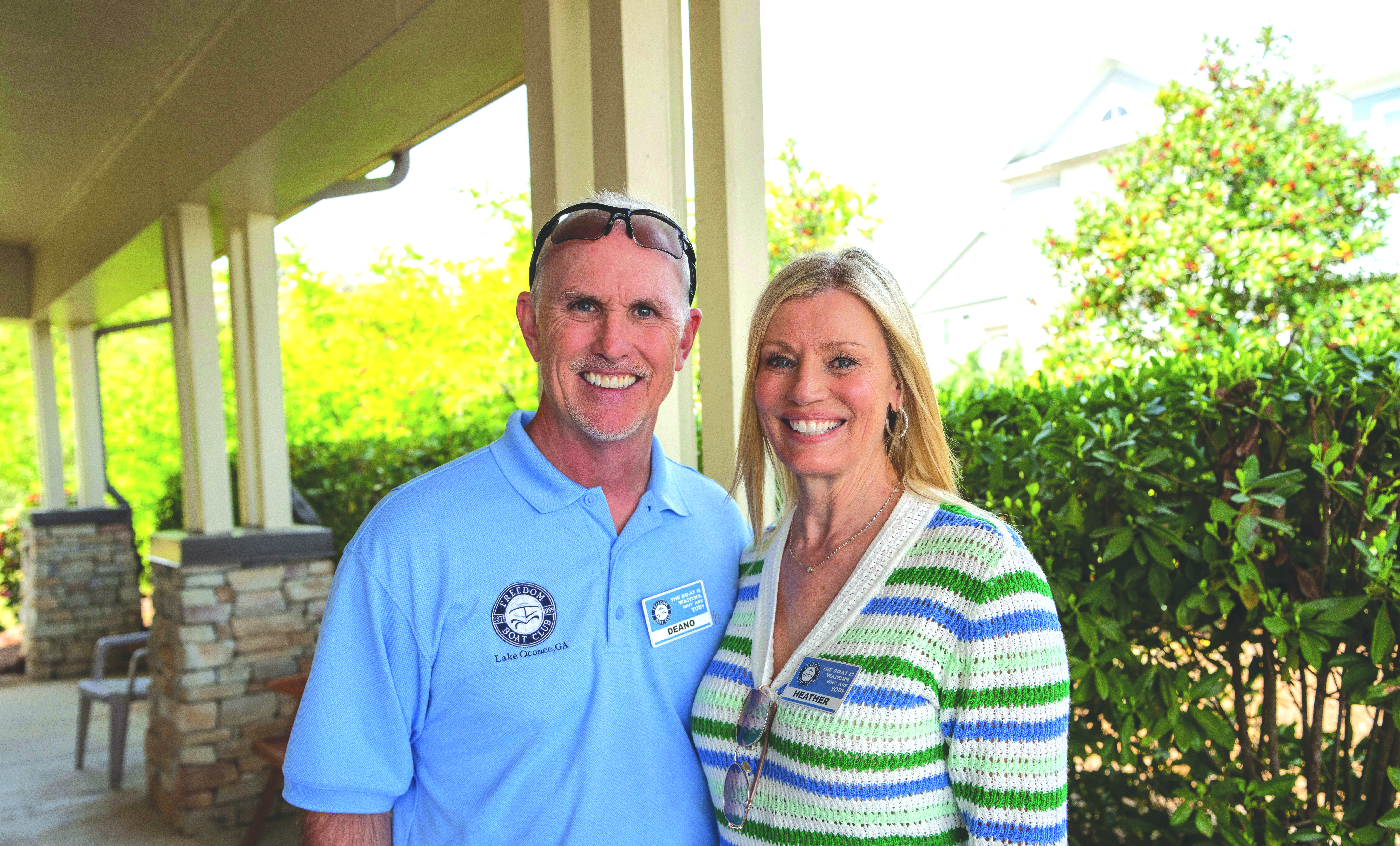MIND YOUR HEALTH: Emotional expressive or emotional retentive: Which one are you?
Published 11:54 am Thursday, March 19, 2020
In our wonderful human race that has evolved over the millions of years, there are all types of bodies, colors, races, religions, beliefs, etc. So, too, has your brain evolved and been defined by the generations before you. Most immediately, your biological parents passed on to you your physical and mental attributes. Included in mental attributes is your emotional style as found biologically in the limbic area of your brain. In my clinical practice I break down your emotional wiring into two categories — emotional retentive and expressive. These can be experienced along a continuum but essentially fit into one or the other categories.
EMOTIONAL RETENTIVE: Individuals wired in this dimension are emotion stuffers. This type pushes down feelings, especially negative ones. The emotions of fear, hurt, anger, and guilt, for example, are pushed down. Various defense mechanisms, like denial, usually accompany the emotional retentive style. The deeper the negative experiences you have had determine how easily accessible these feelings area. Because you have difficulty in getting these emotions out you tend to experience anxiety and depression. One of the defining terms of depression is repressed anger. Emotional retentives have difficulty usually in expressing anger. That is, until a certain point of build up, then they irrationally explode. Such individuals tend to be pleasers, usually in excess. Usually Type B personality.
EMOTIONAL EXPRESSIVE: The polar opposite of emotional retentive is the category of emotional expressive. These people generally do not have a filter on their mouth. What they feel, good or bad, comes gushing out of their mouths. Impulse control is an issue here. Not being emotionally and vocally constrained to some degree can result in trouble interfacing with others who may not particularly like such an outburst. These people tend to be controllers. Usually Type A personality.
It is important to know your emotional expressive wiring. Each type has it plusses and minuses. Getting the best out of each type while minimizing the drawback of each type is the goal. A competent therapist, who understands and incorporates this analysis into his/her practice, can greatly assist in this awareness and explain the ramifications of this type.
Respected Reader, have you decided which is your type? Which direction do you lean? I know that I am clearly an emotional expressive. In some ways it has served me well. Other times it would have been better if a filter was available and used. Words chosen and the intensity of delivery can get you in trouble!
Dr. Stathas can be reached at 706-473-1780. Email: jstathas13@gmail.com. Website: drstathas.googlepages.com. Blog: drstathas.com. Book: “A Successful Life – Guaranteed!” at Amazon.





